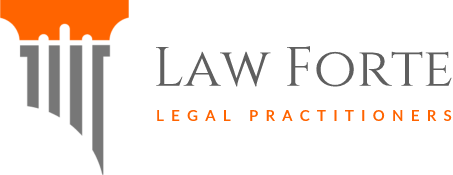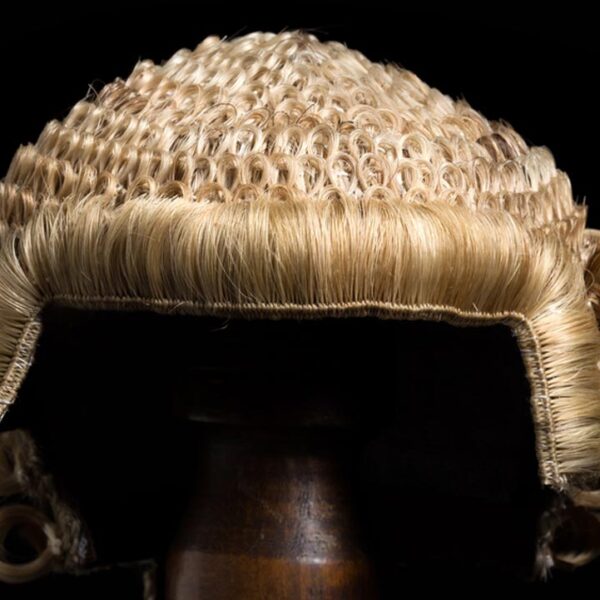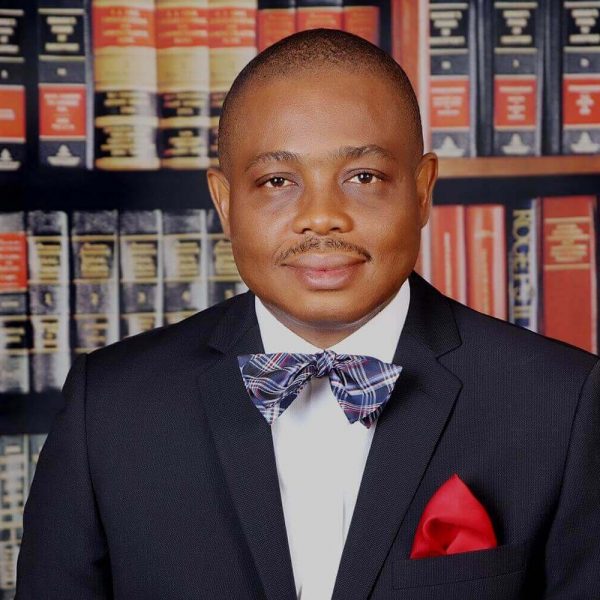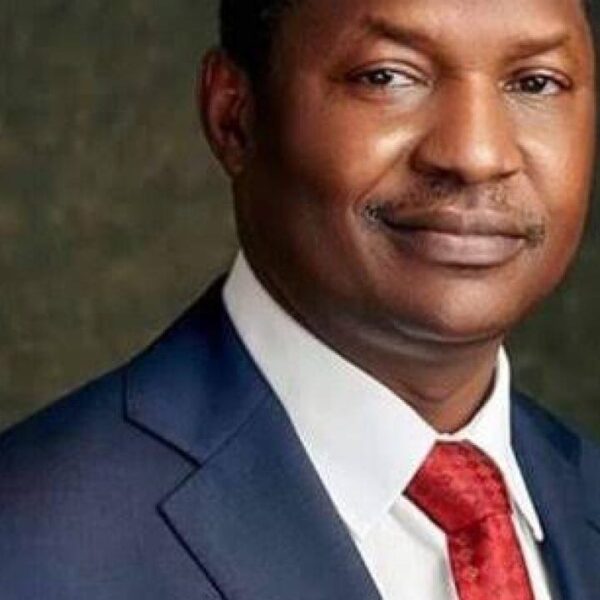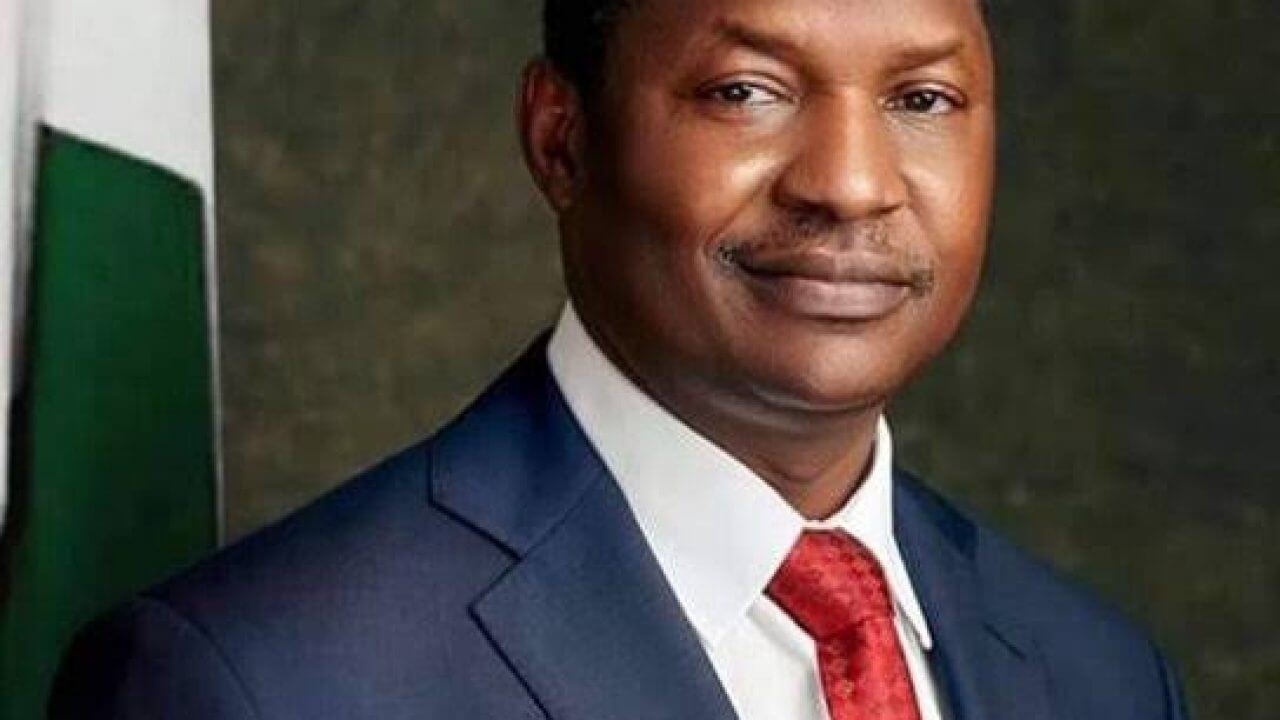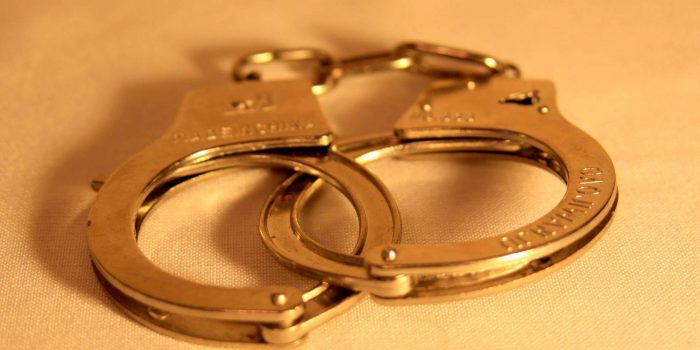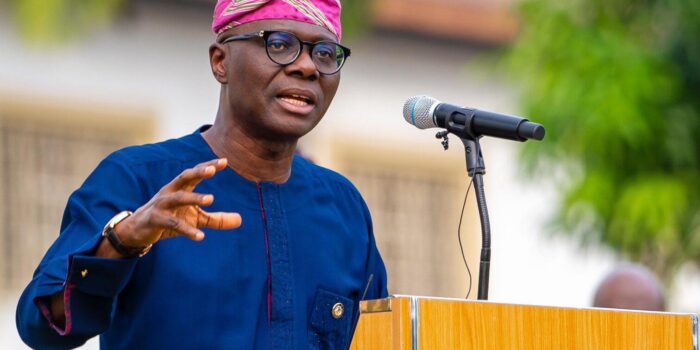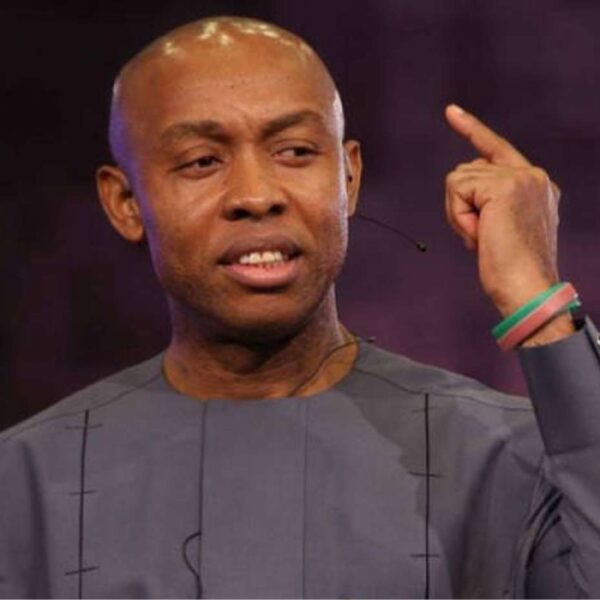Introduction
Many lawyers in Nigeria woke up on the 12th day of September, 2020 to see the purported Rules of Professional Conduct (Amendment) 2020 dated 3rd September, 2020 allegedly amended by the Honourable Attorney General of the Federation pursuant to section 12 (4) of the Legal Practitioners Act 2004 as amended. The Notice comes with Serial Number S. 1 No. 15 of 2020 which contains only provisions purported to have deleted Rules 9(2), 10, 11, 12 and 13 of the Rules of Professional Conduct for Legal Practitioners 2007. The second provision is to the effect that the amended Rules may be cited as the Rules of Professional Conduct, 2020. It is no gain saying the fact that the Rules of Professional Conduct for Legal Practitioners is very vital to the practice of law in Nigeria and beyond. This paper will briefly examine the modus operandi for the amendment of the Rules of Professional Conduct for Legal Practitioners.
Power to Make and Revise the Rules of Professional Conduct for Legal Practitioners
The importance of the Rules of Professional Conduct for Legal Practitioners cannot be over emphasized. It is one of the spines upon which the legal profession leans. The same importance is given to the Rules of Professional Conduct for Legal Practitioners across several jurisdictions outside Nigeria. We should not play politics with it under any guise. We should faithfully adhere to its tenets and principles. It is either the Rules or nothing. It is important to state that the Rules are made by virtue of the powers conferred on the General Council of the Bar by section 12 (4) of the Legal Practitioners Act 2004.
Section 1 of the Legal Practitioners Act 2004 as amended establishes the General Council of the Bar. The General Council of the Bar (otherwise known as the Bar Council) was first established under section 1 (1) of the Legal Practitiners 1962 and later replaced by the Legal Practitioners Act 1975[2]. The quorum of the Bar Council shall be eight and the Council may make standing orders regulating procedure and proceedings of the Council.[3]
Composition of the General Council of the Bar[4]
- The Attorney-General of the Federation as President;
- The Attorneys-General of the States;
- Twenty members of the Bar
In the legal profession, the above composition is a body of eminent personalities who are vested with powers to among others act as one of the gate keepers of the legal profession. They work hand in hand with eminent bodies such as the Body of Benchers and the Nigerian Bar Association to mention a few. The office of the Honourable Attorney – General of the Federation (HAGF) is one of the highly revered bodies in the legal profession and the nation as a whole. The HAGF is a custodian of the values and ethics of the legal profession. Above all other considerations, the HAGF is ‘the legal gate keeper’ of the constitution of the nation. He can only exercise powers conferred on him by statute and no more.
Functions of the General Council of the Bar
A major function of the General Council of the Bar is its power to make and revise the Rules of professional Conduct in the legal profession from time to time.[5] The Bar Council also liaises with the NBA in fixing the annual practising fee for members of the Bar. The Bar Council makes the Legal Practitioners Accounts Rules and oversees the inspection of Solicitor’s accounts from time to time among other statutory functions. See section 20 LPA[6].
Amendment of the Rules of Professional Conduct in the Legal Profession in Nigeria: Myths and Realities.
Being a Council of distinguished legal luminaries, the functions of the Bar Council cannot be hijacked by any individual member of the Council. It is on this basis that the powers of the Bar Council to make and revise the Rules of Professional Conduct in the Legal Profession cannot be delegated to a single member of the profession except the Council in a quorum of 8 of its membership agrees in writing. Such delegation of powers on behalf of the Bar Council cannot be delegated in our view.
Hence, the fact that the Preamble to the Rules of Professional Conduct for Legal Practitioners 2007 is couched as reproduced below does not make it lawful or the norm. An office holder cannot exercise the powers he does not have. It amounts to taking away a man’s wife and telling him not to react. The preamble to the RPC 2007 is reproduced below for our examination:
In exercise of the powers conferred on me by section 12(4) of the Legal Practitioners Act 1990, as amended, and of all other powers enabling me in that behalf, I, BAYO OJO, Attorney-General of the Federation and Minister of Justice/ Chairman, General Council of the Bar hereby make the following Rules:
The fact that no one has challenged the way and manner the above is drafted does not render nugatory section 12 (4) of the Legal Practitioners Act 2004 as amended. For the avoidance of doubt, section 12 (4) of the LPA 2004 as amended is reproduced below:
(4) It shall be the duty of the Bar Council to make rules from time to time on professional conduct in the legal profession and cause such rules to be published in the Gazette and distributed to all the branches of the Association.[7]
Unlike the powers of the office of the Chief Justice of Nigeria to make Rules for the proceedings of the Legal Practitioners Disciplinary Committee under section 10 (7) of the LPA 2004 as amended and the powers to suspend an erring legal practitioner for a specified period of time vested in the CJN by virtue of section 13 (2) of the LPA 2004 as amended, the HAGF cannot unilaterally make the Rules of Professional Conduct for Legal Practitioners because neither the HAGF or the Attorney – general of the various states of the Federation are so conferred. Besides, the law has made it easier for the Bar Council to operate smoothly with just 8 members out of a total 57 membership. Forming a quorum by the Bar Council may need an upward review of about one – third or minimum of 15 members in our view but definitely that is the position of the law as of today.
Let us state here that the intention of this paper is not to critique the allegedly deleted provisions of the Rules 9(2), 10, 11, 12 and 13 of the Rules of Professional Conduct for Legal Practitioners 2007 but to offer an opinion as to the proper perspective in the powers to make and revise this vital regulation for the noble profession in Nigeria. In the making and revision of the RPC, until the amended RPC is gazetted and distributed in line with the spirit and legislative intent of section 12 (4) LPA 2004 as amended, it is of no effect.
We therefore recommend that the preamble to the RPC 2007 as stated above should be drafted thus:
In exercise of the powers conferred on the Bar Council by section 12(4) of the Legal Practitioners Act 1990, as amended, and of all other powers enabling the Bar Council in that behalf, the, General Council of the Bar hereby make the following Rules:
The legislative intent of the LPA is not to personalize the powers to make and amend the RPC to the office of the Chairman of the Bar Council.
Conclusion
Though, the HAGF being Chairman of the Bar Council can preside and give directives during the meeting of the Council, the power to make and revise the RPC is vested in the Bar Council as a body and not the HAGF as an office created by law and known to law. It is therefore mythical to presume that the preamble to the RPC 2007 as couched is right in law when the searchlight of the provisions of section 12 (4) of the LPA 2004 as amended is beamed in that direction. As stated above, the intention of this writer is not the propriety or otherwise of the subject of amendment but to reflect proper legal perspectives in terms of who is empowered to make and revise the RPC. The subject of amendment is a discourse for another day.
[1] Dr Bukola Akinola is a Deputy Director (Academics) at the Nigerian Law School.
[2] Now Cap 11, LFN 2004
[3] Section 1 (4) of the Legal Practitioners Act Cap L11 LFN 2004
[4] Section 1(2) of the LPA
[5] See section 12 (4) of the Legal Practitioners Act (as amended by the Legal Practitioners (amendment) Decree 1994.
[6] Now Cap 11, LFN 2004
[7] Section 12 (4) of the LPA as amended by LPA 1994 as amended.
SOURCE: The Nigeria Lawyer – https://thenigerialawyer.com/amendment-of-the-rules-of-professional-conduct-in-the-legal-profession-in-nigeria-myths-and-realities/
